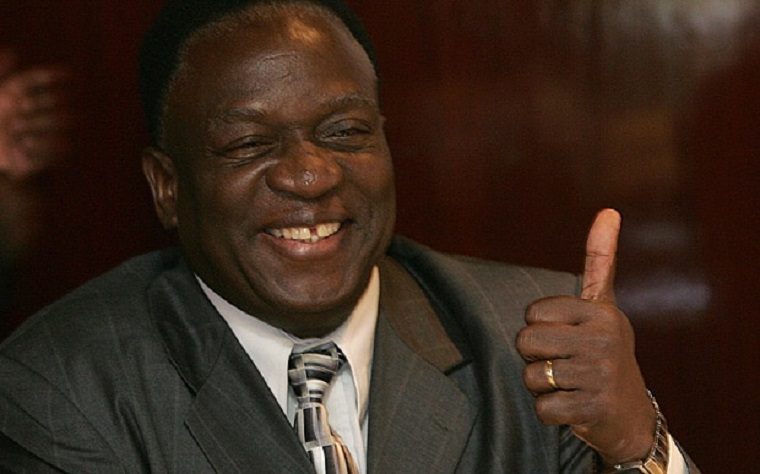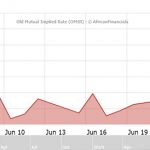“How do we make sure American agriculture thrives as we head into the 21st century,” Bush asked in remarks to the future farmers of the United States. “I mean, after all, we’re talking about national security. It’s important for our nation to build -to grow foodstuffs, to feed our people. Can you imagine a country that was unable to grow enough food to feed the people? It would be a nation that would be subject to international pressure. It would be a nation at risk. And so when we’re talking about American agriculture, we’re really talking about a national security issue.”
This is precisely what has been happening to Zimbabwe. It is currently the laughing stock of everyone, including its own citizens, because it cannot feed itself. Yet, former leader Robert Mugabe, who was the country’s Prime Minister for the first seven years before becoming President, had a glorious first 10 years in power and was showered with international accolades because Zimbabwe was able to feed itself.
In fact, Zimbabwe had enough maize reserves to feed the nation for more than three years. Its small grains could last the country eight years. What’s more, the bulk of the maize was produced by communal farmers. Their production had risen from 10 percent at independence to 60 percent by 1986. Zimbabwe was tasked to be in charge of the food security programme of the Southern African Development Community because of its agricultural success.
All this was reversed when the International Monetary Fund told Zimbabwe to get rid of its reserves because they were costing the Grain Marketing Board too much to maintain. Zimbabwe was advised to sell its maize and keep cash instead. That is when the trouble started. The cash kept losing its value as the local currency fell against the United States. It had been stronger than the US dollar in the first three years of independence.
Things became worse when the country embarked on the land reform programme and was slapped with sanctions. Mnangagwa and his administration are now convinced they can do it again.
“Agriculture is a pathway out of poverty and a precondition for economic growth and prosperity of our country,” Mnangagwa said on Thursday when he launched a US$51 million farm mechanisation facility with John Deere of the United States.
Agriculture contributes 20 percent to the country’s GDP, 33 percent of formal employment, 65 percent of raw materials required in agro-industries, and 70 percent of rural livelihood, he said.
While agriculture is indeed, Zimbabwe’s answer, it will not be easy to revive it. Mnangagwa’s opponents know that if he succeeds, he will be home and dry. Besides, he is leading a very skeptical nation which believes that ZANU-PF can never turn around the country’s economy. Zimbabweans have a right to be disillusioned because the country’s economy has been on the decline since he came to power.
Continued next page
(352 VIEWS)
This article contains new, firsthand information uncovered by its reporter(s). This includes directly interviewing sources and research / analysis of primary source documents.Civil: Credibility Indicators
Original Reporting


